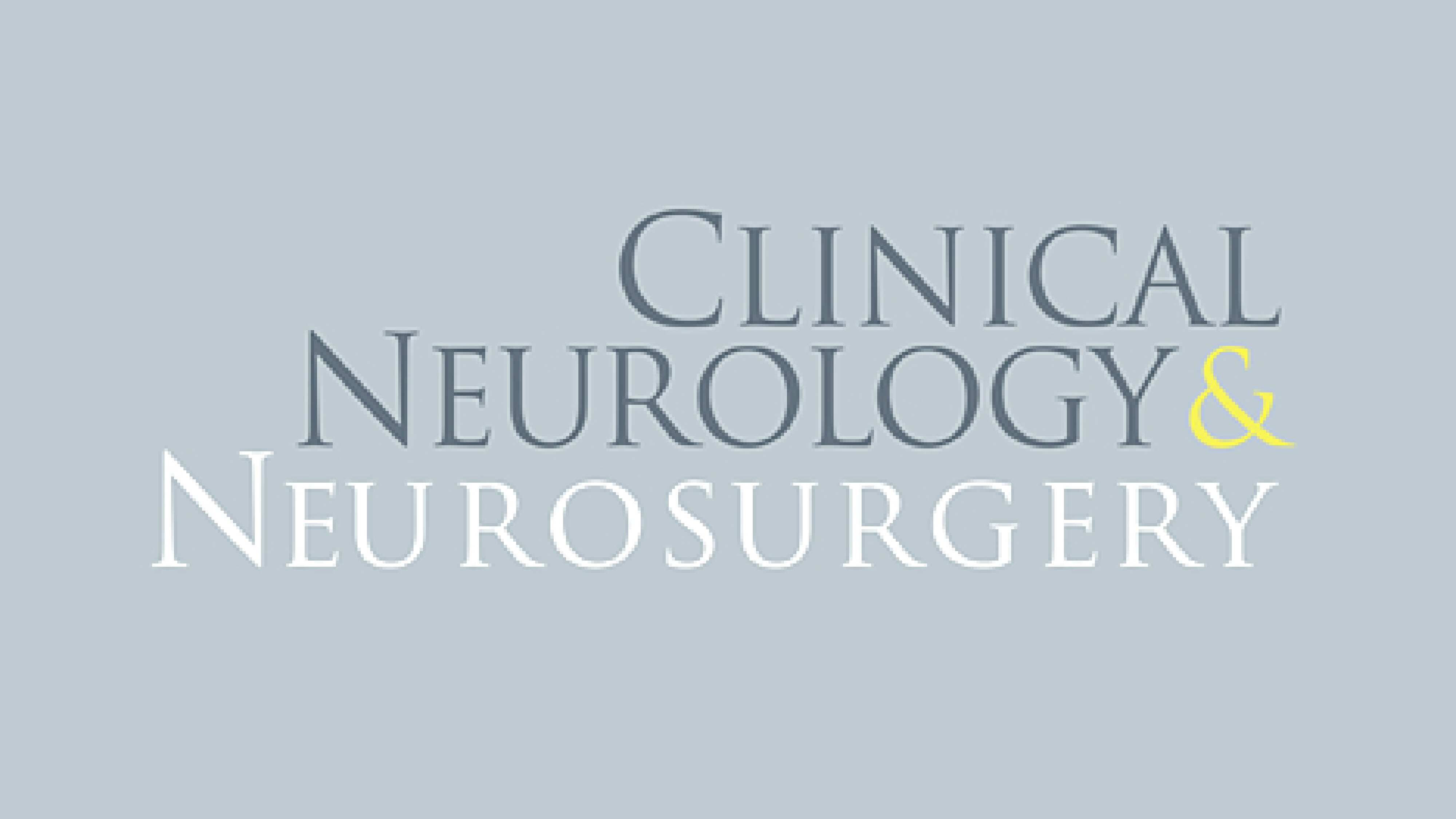
Cognitive recovery in people with relapsing/remitting multiple sclerosis: A randomized clinical trial on virtual reality-based neurorehabilitation
7 Maggio 2021
Background: Multiple sclerosis (MS) can adversely affect several … Cognitive recovery in people with relapsing/remitting multiple sclerosis: A randomized clinical trial on virtual reality-based neurorehabilitation
Background: Multiple sclerosis (MS) can adversely affect several domains of cognitive function, including attention, information processing, memory and learning, executive functions and visuospatial skills. In recent years, technological innovations have proven effective in improving motor and cognitive impairment in neurological patients, including those affected by MS.
Objective: The study aims to evaluate cognitive outcomes after rehabilitation training with the Virtual Reality rehabilitation system (VRRS) in patients suffering from MS.
Methods: All patients were randomized into either the control group (CG: 15 patients) receiving conventional cognitive rehab or the experimental group (EG) using virtual reality (VR) (15 patients). Both groups underwent the same amount of cognitive training, 3 times a week for 8 weeks. They were submitted to neuropsychological assessment before (T0) and after the rehabilitation treatment (T1).
Results: Our data showed that both conventional and VR cognitive rehabilitation approaches improved mood (p < 0.001) and visuospatial skills. However, only in the EG a significant improvement in specific cognitive domains (p < 0.001), including learning ability, short-term verbal memory, lexical access ability, as well as quality of life related to mental states, was found.
Conclusions: The present study demonstrated that VR can be a motivational and effective tool for cognitive recovery in MS patients.

